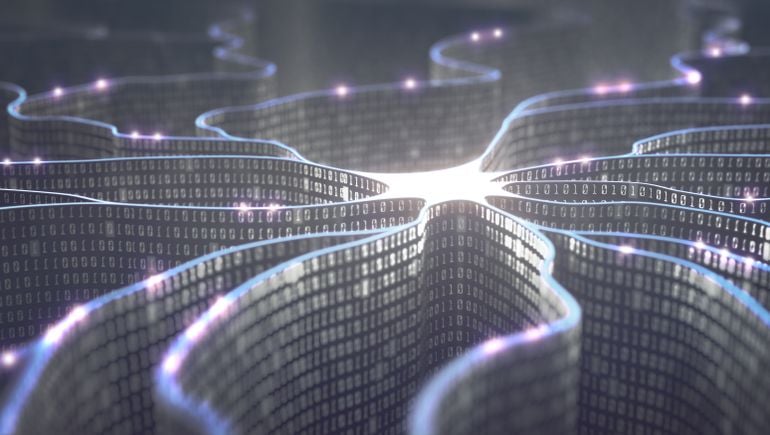Generative AI, based on Large Language Models (LLMs) and transformer neural networks, has been praised for its potential to revolutionize different fields, including the film industry and enterprise software. Ben Thompson of the Stratechery newsletter has declared generative AI advances to be marking “a new epoch in technology.” However, despite the current advancements in AI, experts say that we are still in the early innings of AI applications, and a new “AI arms race” is expected to occur.
The generative AI era could be a precursor to the AI singularity, a point when AI surpasses human intelligence, leading to rapid and exponential advancements in technology. It is unclear when the AI singularity will arrive, with predictions ranging from being soon to in the next century or never. Futurist Ray Kurzweil predicted that it will arrive in 2045 in his 2005 book “The Singularity is Near.”
Expert predictions aside, Vernor Vinge’s prediction could prove closest, stating that “We are on the edge of change comparable to the rise of human life on earth.” An Italian language translation startup, translated, has predicted that the singularity will occur when AI provides “a perfect translation,” a good proxy test for determining the arrival of the singularity. They estimated that the time needed for a perfect machine language translation will occur by the end of this decade, and at that point, the singularity will have arrived.
It is challenging to predict where the singularity begins or what form it will take. It is unlikely to be a single day when any one metric is achieved, and the impact of AI is going to continually increase, with the inevitable peaks and valleys of progress. DeepMind’s AlphaFold, which predicts the folding pattern of virtually every protein, has shown that the tasks AI can accomplish will expand with every advance in AI.
Meta’s “Cicero” AI system recently outperformed people in Diplomacy, a strategic war game that requires an understanding of human interactions, deceptions, and cooperation. Whisper emerged late last year to finally produce fast and reliable voice-to-text transcriptions of conversations.
Despite the potential for AI to be a force for good, there are concerns about AI safety and alignment work, with OpenAI CEO Sam Altman saying that a worst-case scenario for AI is “lights out for all of us.” As AI becomes more advanced and gains the ability to improve itself at an accelerating rate, leading to a point where technological progress exceeds human ability to understand or predict it, it is crucial that we consider the potential consequences of such developments.
Read more in the Venture Beat article.
